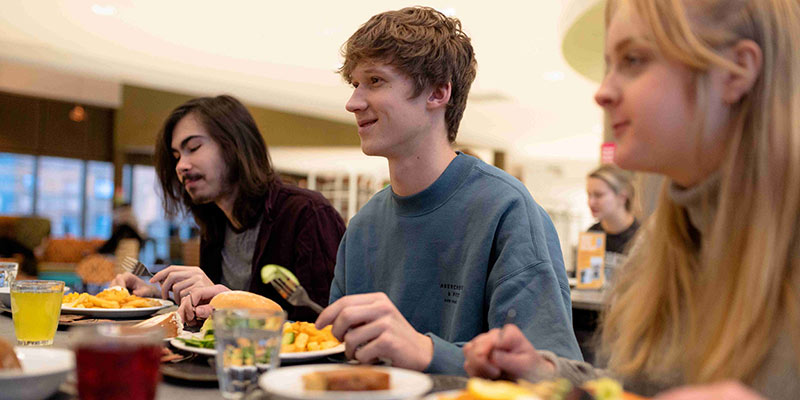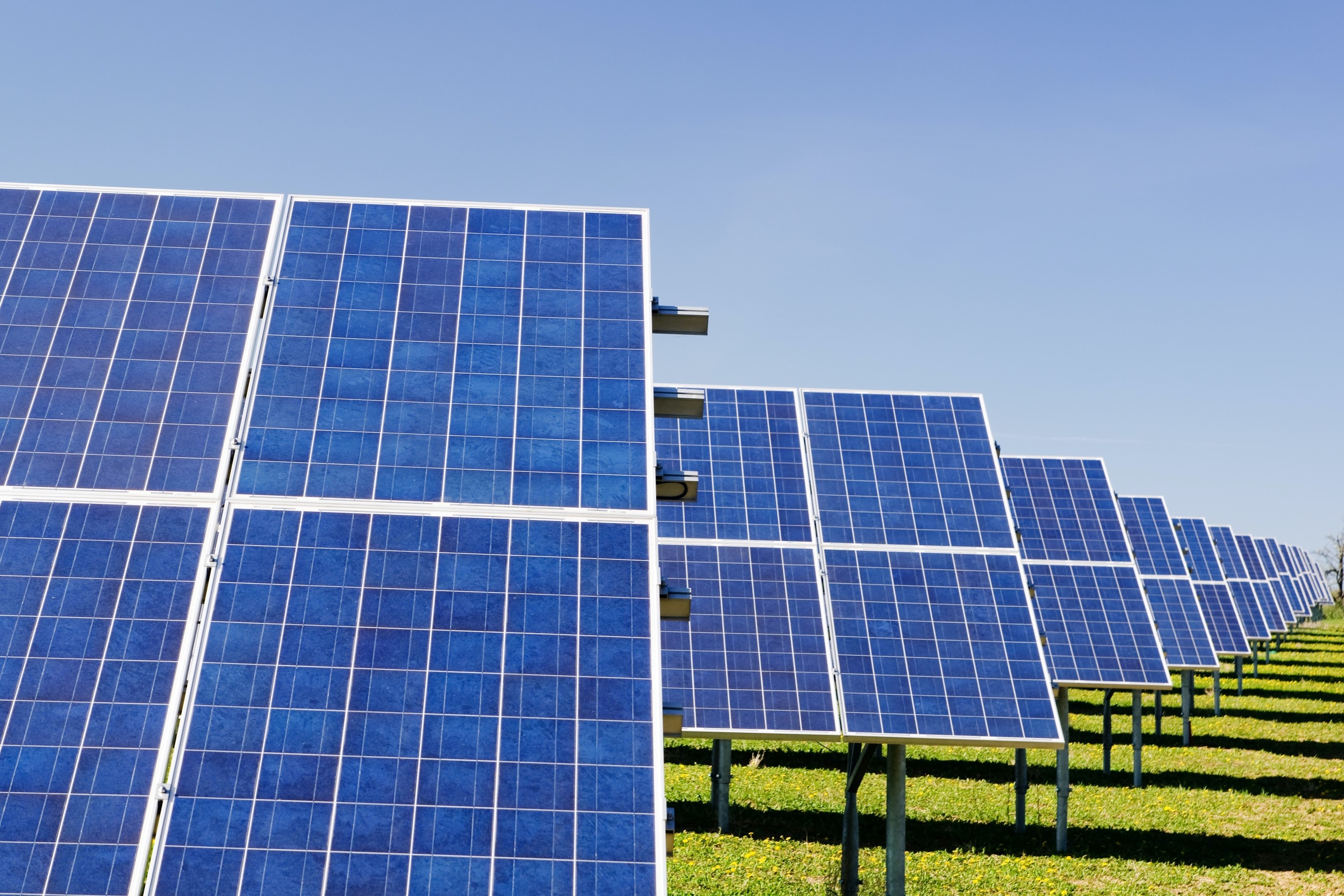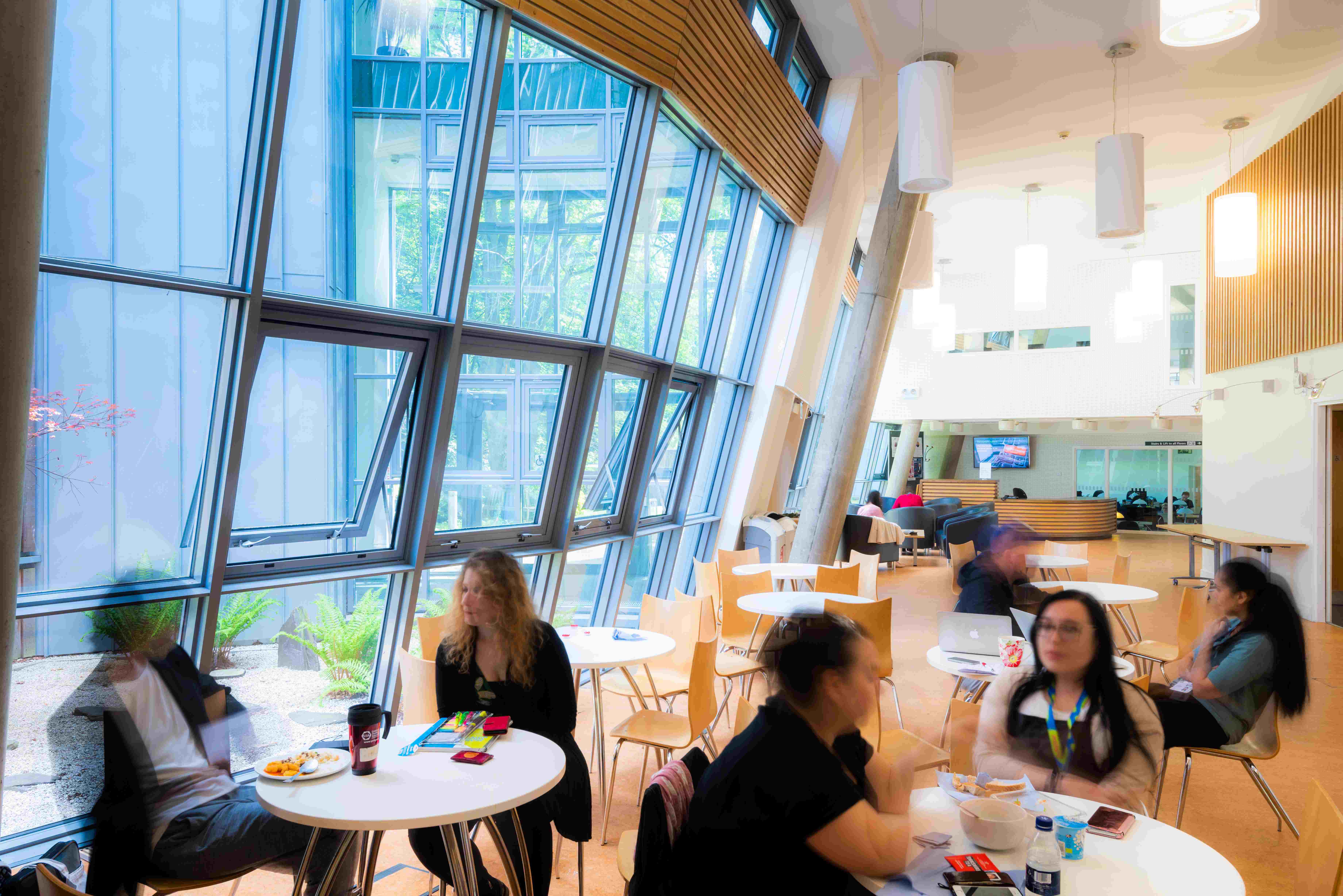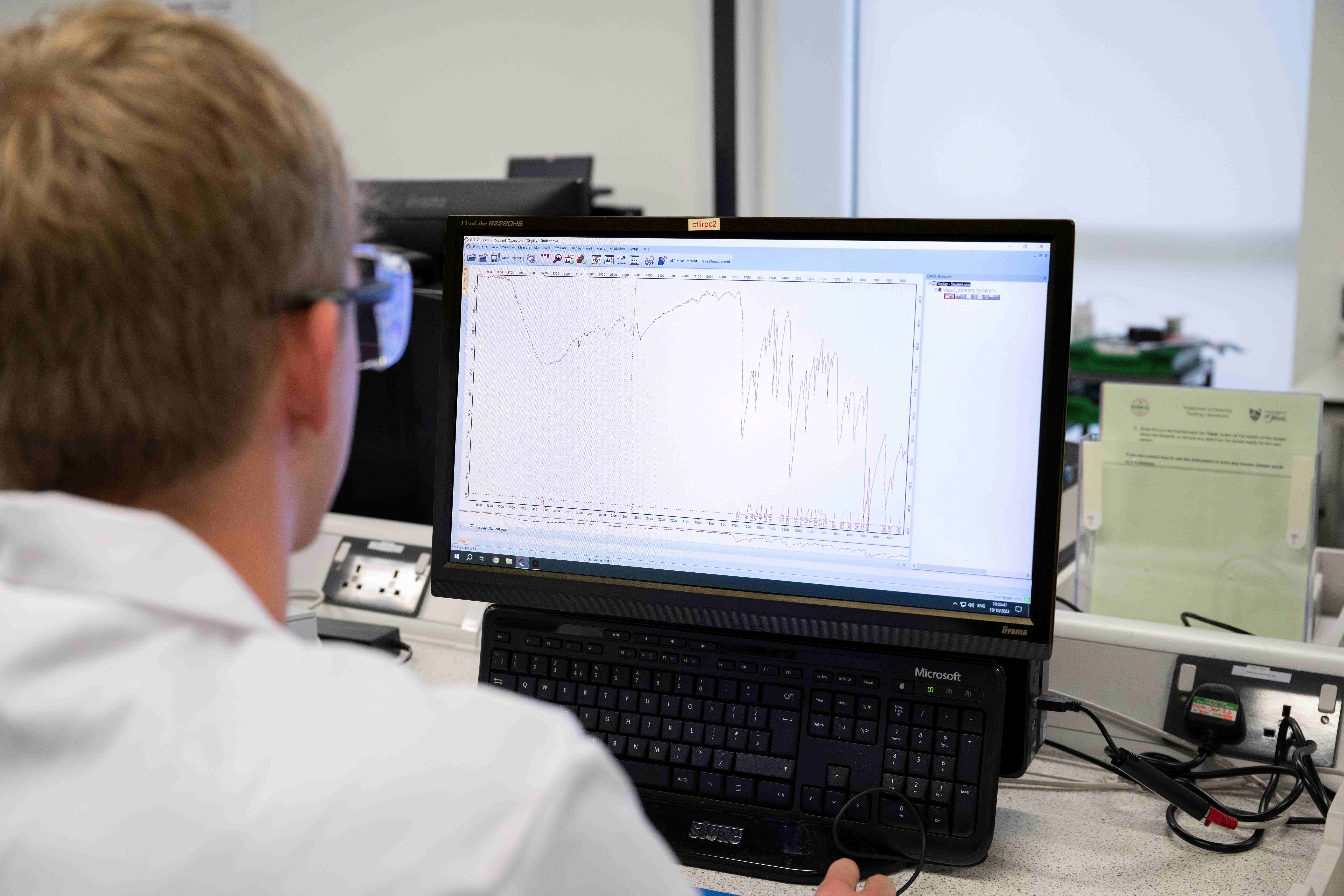As a large organisation, how we procure goods and services and invest our funds can significantly impact the world around us.
We want to make sure that we use sustainably minded sources and that we consume resources in a sustainable way. We're building strong relationships with our suppliers, so that we can reduce our environmental impact together.




